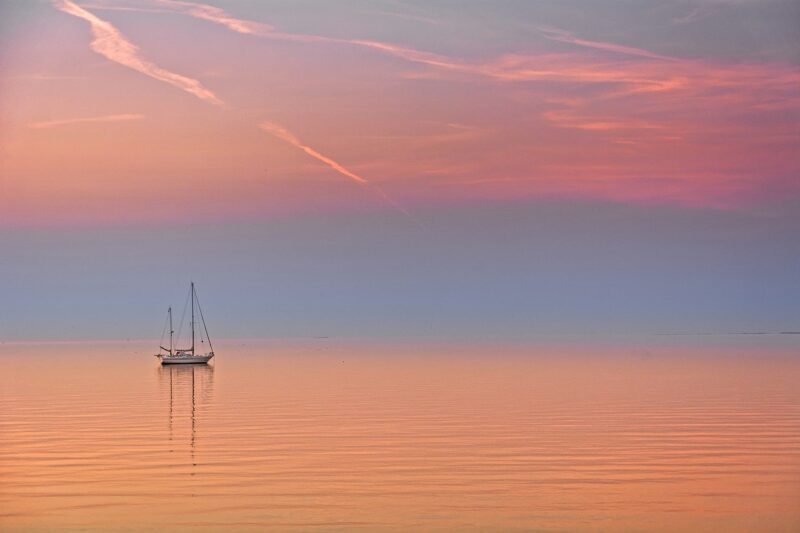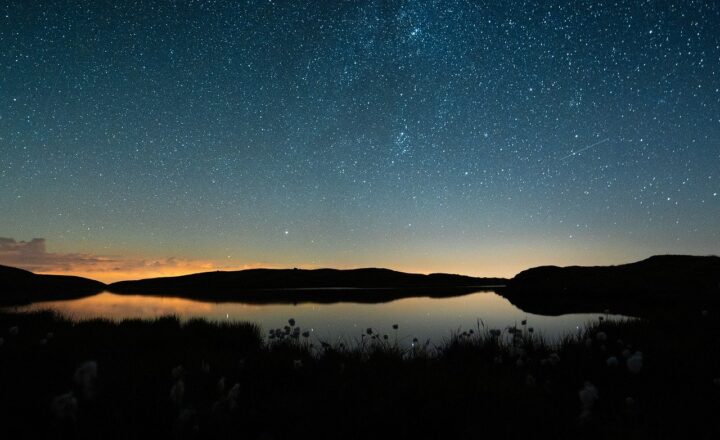The Stories of Brave Explorers Who Risked Everything to Venture Into the Unknown and Discover New Worlds
November 17, 2024

Exploration has always stood at the forefront of humanity’s desire to seek, to know, and to understand. Throughout history, there have been individuals whose bravery, passion, and sense of adventure propelled them into the unknown, defying the odds and transforming our understanding of the world. In this article, we delve into the stories of some of these brave explorers who risked everything in their quest to discover new lands and worlds.
1. The Age of Discovery: Pioneers of Exploration
The Age of Discovery, spanning from the late 15th century to the early 17th century, marks a pivotal period in the history of exploration. Driven by the quest for trade routes, wealth, and territorial expansion, explorers took to the seas, often encountering uncharted territories and indigenous populations.
**Key Figures:**
– **Christopher Columbus (1451–1506)**: Often misrepresented in history, Columbus embarked on four voyages across the Atlantic Ocean, believing he could find a westward route to Asia. Instead, he stumbled upon the Americas in 1492, paving the way for European exploration and colonization.
– **Ferdinand Magellan (1480–1521)**: Known for orchestrating the first circumnavigation of the Earth, Magellan faced numerous hardships, including mutiny and starvation. His expedition endured treacherous waters, ultimately proving the world’s vastness.
– **Vasco da Gama (c. 1460–1524)**: As the first person to reach India by sea from Europe, da Gama’s journey opened a sea route that was crucial for trade and cultural exchange between continents.
Through their adventures, these explorers faced not just geographical challenges but cultural interactions that would change the course of history.
2. The Legacy of Exploration: Mapping the Uncharted
Exploration was not merely about geographical discovery; it also involved mapping the unknown. Explorers invested substantial time and resources into cartography, shaping how humanity perceives the world. Their findings revealed not just new lands but also navigational routes and valuable natural resources.
**Notable Explorers in Cartography:**
– **James Cook (1728–1779)**: Renowned for his three voyages into the Pacific, Cook charted New Zealand and the eastern coastline of Australia. His efforts significantly expanded geographical knowledge and provided insights into the places and peoples he encountered, albeit often with problematic implications for indigenous groups.
– **Gerardus Mercator (1512–1594)**: While not an explorer in the traditional sense, Mercator’s development of the Mercator projection revolutionized navigation; his world maps became the standard for sailors, allowing for easier movement across oceans.
**Impact on Modern Mapping:**
Without their contributions, our understanding of the world would be vastly different today. Their maps laid foundational knowledge that became essential for modern explorations and navigational technologies.
3. The Quest for the Poles: Conquering the Harshest Environments
The quest for the North and South Poles embodied humanity’s resolve to explore some of the most inhospitable environments on the planet. These endeavors were not just about reaching a destination; they demanded immense resilience and extraordinary skill in overcoming natural obstacles.
**Pioneering Polar Explorers:**
– **Robert Peary (1856–1920)**: Peary claimed to have reached the North Pole in 1909. His expeditions were marked by incredible challenges, including extreme weather conditions and treacherous ice. While his claims remain controversial, his explorations contributed to polar navigational techniques.
– **Ernest Shackleton (1874–1922)**: Shackleton’s Antarctic expedition aboard the Endurance in 1914 is legendary. His ship became trapped in ice, leading to a harrowing survival journey. Shackleton and his crew showcased extraordinary leadership and teamwork, successfully navigating their way to safety across treacherous ice and open sea.
These explorers not only aimed for the poles but also pushed the boundaries of human endurance, inspiring generations to come.
4. The Impact of Exploration on Indigenous Cultures
While the endeavors of explorers have often been romanticized, it’s crucial to acknowledge the impact on indigenous cultures and local populations. Encounters with explorers frequently led to significant cultural disruption, conflict, and colonization.
**Consideration of Indigenous Perspectives:**
– **Cultural Displacement**: The arrival of explorers often resulted in the displacement of indigenous people, taken over lands that were culturally and spiritually significant.
– **Exposure to Diseases**: European explorers brought diseases to which local populations had no immunity, devastating communities across the globe.
– **Cultural Exchange and Misinterpretation**: Interactions sometimes led to the exchange of knowledge, technology, and goods; however, they also often facilitated misunderstanding and exploitation.
Recognizing these factors is essential in understanding exploration’s complex legacy, which includes both discovery and devastation.
5. The New Frontier: Space Exploration
In recent decades, the notion of exploration has transcended Earth’s boundaries, expanding into the cosmos. Space exploration represents the next chapter in our history of venturing into the unknown, driven by the same curiosity and wanderlust that sparked maritime exploration.
**Key Figures in Space Exploration:**
– **Yuri Gagarin (1934–1968)**: As the first human to travel into space in 1961, Gagarin emerged as a symbol of human achievement and the spirit of exploration. His journey marked the beginning of human presence beyond Earth.
– **Neil Armstrong (1930–2012)**: Armstrong became the first person to set foot on the moon during the Apollo 11 mission in 1969. His famous words, “That’s one small step for man, one giant leap for mankind,” echoed the culmination of humanity’s aspirations and efforts in exploration.
– **The Mars Rover Missions**: More recently, missions like Perseverance and Curiosity have continued the legacy of exploration by seeking signs of past life on Mars, expanding our understanding of the possibilities of life beyond Earth.
Space exploration today symbolizes the unyielding curiosity of humanity and our quest to transcend the boundaries of our world.
Conclusion: The Spirit of Exploration Lives On
The tales of brave explorers who risked everything to discover new worlds serve as a powerful reminder of humanity’s enduring quest for knowledge and understanding. As we reflect on their legacies, we must also navigate the ethical implications of exploration in today’s world.
From ancient navigators charting uncharted waters to modern astronauts exploring the stars, the spirit of exploration persists. It encourages us to continue asking questions, to tread into the unknown, and to seek not just lands, but truths that can shape our understanding and future.
As we look forward, may we remember the lessons of history and seek exploration that honors indigenous cultures, promotes sustainability, and fosters a shared understanding of our place in this vast universe.








